MnPlay – Everyday English Conversation Vol.A~C
$12.00
Product Include:
File size:
MnPlay – Everyday English Conversation Vol.A~C
**More information:
Get MnPlay – Everyday English Conversation Vol.A~C at Salaedu.com
Description
Communicate Fluently in Everyday Situations!
In Everyday English Conversation, students learn practical, essential English to enable them to effectively communicate anywhere in the world!
Students learn how to speak fluently in many everyday situations, including; making small talk, ordering at restaurants, booking hotels and flights, shopping and traveling.
Everyday English focuses more on specific phrases than grammar, teaching through useful situations and events.
You’ll learn by “doing” through the practice of practical expressions, and master how to ask and answer many types of questions.
Students of all levels can learn great situational phrases and vocabulary from our Everyday English eLessons.
By learning situational English, you can ensure that when spending time overseas you feel confident and comfortable and are able to communicate with ease.
———-
Your Result
Upon completion of this course, you’ll be able to speak English fluently and confidently in many everyday situations.
• Introduce yourself
• Make small talk
• Order food and drinks
• Get around a city
• Describe your needs
• Understand and communicate salespeople, hairdressers, and wait staff
• Ask questions politely
• Use the correct pronunciation, accent and intonation
• Do all of this and more with confidence!
———-
Vol.A: Personal and Social Conversation
01 Asking about people (Questions)
02 Talking about people (Answers)
03 Asking about jobs.interests (Questions)
04 Talking about jobs.interests (Answers)
05 Asking about travel experiences (Questions)
06 Talking about travel experiences (Pos Answers)
07 Talking about travel experiences (Neg Answers)
08 Asking about personal plans (Questions)
09 Talking about personal plans (Pos Answers)
10 Talking about personal plans (Neg Answers)
11 Asking about previous activities (Questions)
12 Talking about previous activities (Pos Answers)
13 Asking about opinions (Questions)
14 Giving opinions (Answers)
15 Asking about quality (Questions)
16 Talking about quality (Answers)
17 Asking about quality past (Questions)
18 Talking about quality past (Answers)
Self Help – Self Help online course
More information about Self Help:
Self-help or self-improvement is a self-guided improvement—economically, intellectually, or emotionally—often with a substantial psychological basis.
Many different self-help group programs exist, each with its own focus, techniques, associated beliefs, proponents and in some cases, leaders.
Concepts and terms originating in self-help culture and Twelve-Step culture, such as recovery, dysfunctional families, and codependency have become firmly integrated in mainstream language.
Self-help often utilizes publicly available information or support groups, on the Internet as well as in person, where people in similar situations join together.
From early examples in self-driven legal practice and home-spun advice, the connotations of the word have spread and often apply particularly to education, business,
psychology and psychotherapy, commonly distributed through the popular genre of self-help books.
According to the APA Dictionary of Psychology, potential benefits of self-help groups that professionals may not be able to provide include friendship,
emotional support, experiential knowledge, identity, meaningful roles, and a sense of belonging.
1 review for MnPlay – Everyday English Conversation Vol.A~C
Add a review Cancel reply
Related products
Internet Marketing Courses
Internet Marketing Courses

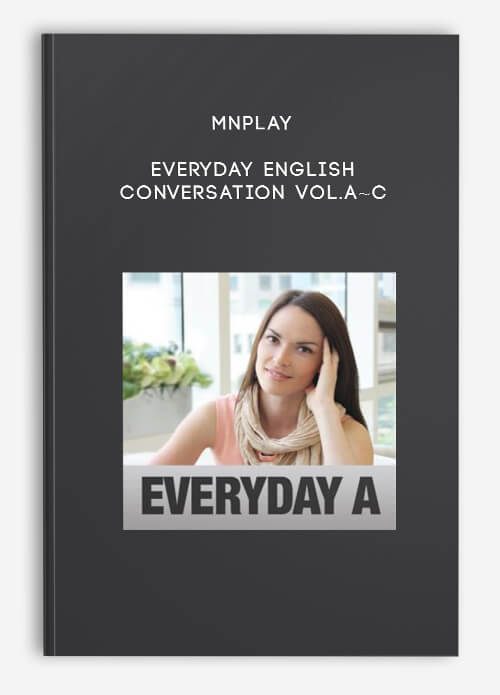
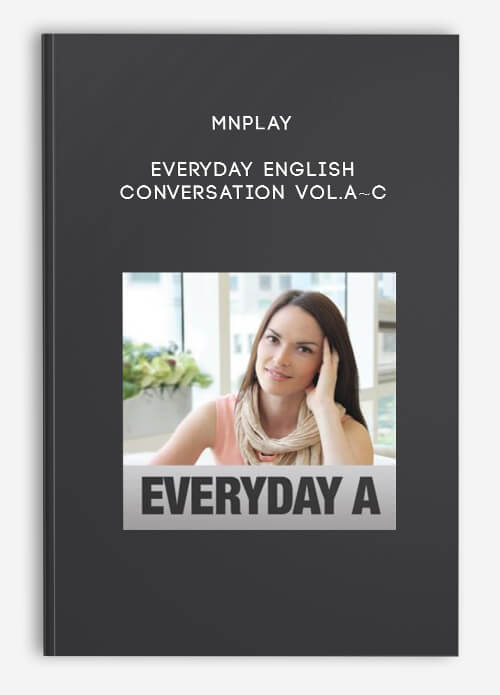

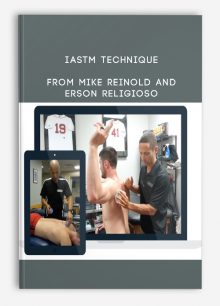

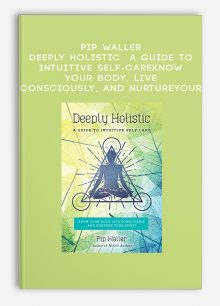
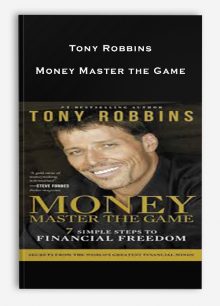



king –
We encourage you to check Content Proof carefully before paying.“Excepted” these contents: “Online coaching, Software, Facebook group, Skype and Email support from Author.”If you have enough money and feel good. We encourage you to buy this product from the original Author to get full other “Excepted” contents from them.Thank you!